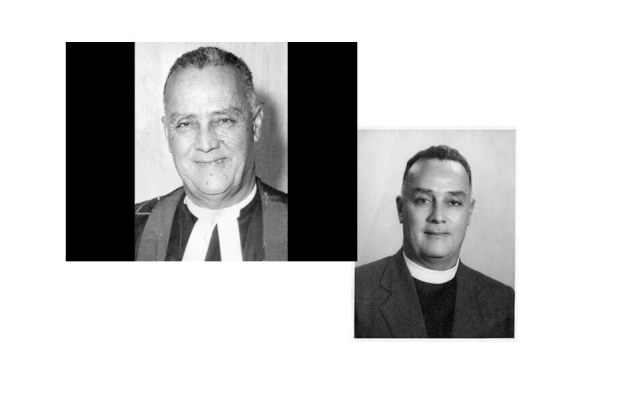Jamaica’s national anthem, “Jamaica, Land We Love,” is a powerful and solemn tribute to the nation’s heritage, aspirations, and values. It was officially adopted when Jamaica gained independence from Britain on August 6, 1962. However, the journey to selecting and finalizing the anthem involved a national competition and the contribution of multiple individuals, including Rev. Hugh Sherlock, who played a crucial role in crafting the lyrics.
The Writing of the Anthem
In preparation for Jamaica’s independence, the government initiated a national competition in 1961 to find a fitting anthem. Among the many entries submitted, the lyrics written by Rev. Hugh Sherlock were ultimately chosen. His words encapsulated the patriotic spirit of the Jamaican people, their faith, and their hope for the future.
Rev. Sherlock, a Methodist minister and social reformer, penned the anthem’s lyrics with a deep sense of national pride and responsibility. His words were later set to music composed by Robert Lightbourne and arranged by Mapletoft Poulle. The final selection was carefully reviewed and refined before its official adoption.
Official Recognition and Legacy
After thorough consideration and minor modifications, “Jamaica, Land We Love” was declared the country’s official national anthem upon independence in 1962. Since then, the anthem has been sung at national ceremonies, international events, and school gatherings, serving as a constant reminder of Jamaica’s resilience and unity.
Rev. Hugh Sherlock’s contribution remains an integral part of Jamaican history. His words continue to inspire generations, making the anthem one of the most cherished national symbols. His legacy extends beyond the anthem, as he was also known for his work in social development and education.
While Hugh Sherlock wrote the lyrics in 1961, the anthem officially became Jamaica’s national anthem in 1962. His poetic and patriotic words have stood the test of time, resonating deeply with Jamaicans at home and abroad. “Jamaica, Land We Love” is not just a song; it is a declaration of national pride, unity, and hope for a prosperous future.




Leave a comment